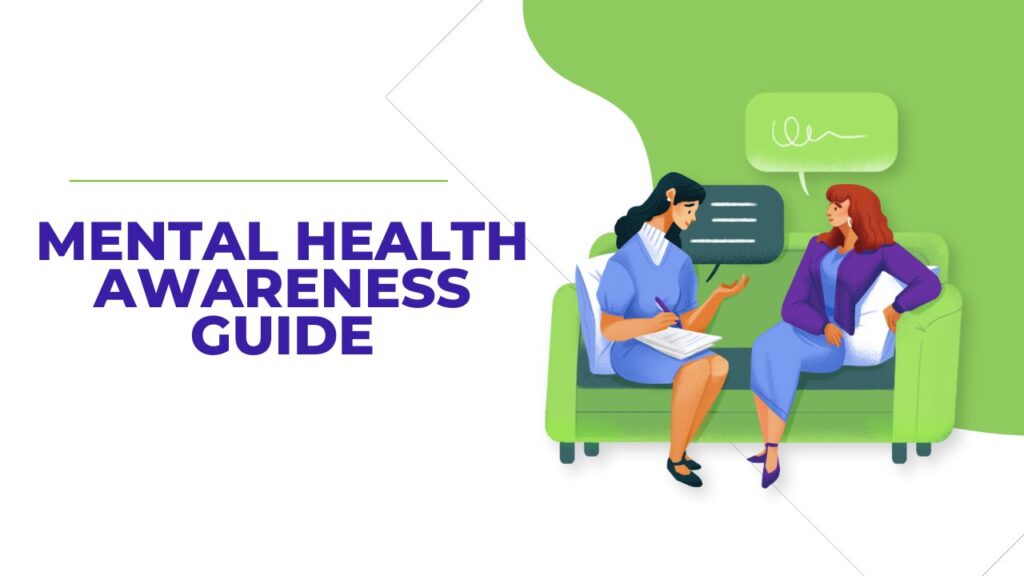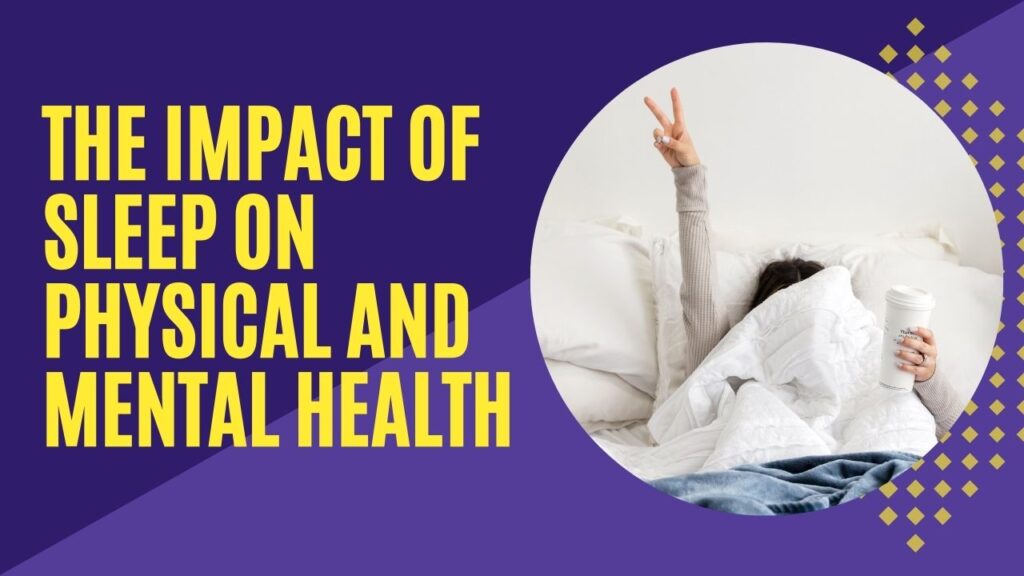Introduction
Mental health is an integral aspect of our overall well-being, yet it’s often shrouded in stigma and misconception. In recent years, efforts to raise awareness and break the stigma surrounding mental health have gained momentum. This guide aims to explore the importance of mental health awareness and provide strategies for combating stigma in our communities and workplaces.
Understanding Mental Health Stigma
Mental health stigma refers to the negative attitudes, beliefs, and stereotypes associated with mental illness. Stigma can manifest in various forms, including social isolation, discrimination, and reluctance to seek help. These barriers prevent individuals from accessing necessary support and treatment, exacerbating the impact of mental health conditions.
Breaking the Stigma: Steps Towards Awareness
Breaking the stigma surrounding mental health requires collective action and advocacy. Here are some steps individuals and communities can take to promote awareness and acceptance:
- Promote open dialogue
Encourage conversations about mental health to foster understanding and empathy. By sharing personal experiences and challenges, we can reduce feelings of shame and isolation.
- Combat misinformation
Challenge stereotypes and myths perpetuated by the media and society. Educate yourself and others about the realities of mental illness and the importance of seeking help.
- Support mental health initiatives
Participate in events and campaigns aimed at raising awareness and reducing stigma. Volunteer for mental health organizations or donate to support their efforts.
- The Role of Education and Advocacy
Education plays a crucial role in dispelling myths and misconceptions surrounding mental health. Schools, workplaces, and communities can implement mental health education programs to promote awareness and understanding. Additionally, advocacy efforts at the local, national, and global levels are essential for influencing policies and improving access to mental health services.
- Destigmatizing Mental Health in the Workplace
The workplace is a key setting for addressing mental health stigma and promoting psychological well-being. Employers can create supportive environments by implementing mental health policies, providing resources for employees, and offering training on mental health awareness. By prioritizing employee well-being, organizations can cultivate a culture of openness and acceptance.
Conclusion
In conclusion, breaking the stigma surrounding mental health is crucial for promoting well-being and fostering a more inclusive society. By raising awareness, challenging stereotypes, and advocating for change, we can create supportive environments where individuals feel comfortable seeking help and support. Together, we can build a future where mental health is treated with the same importance as physical health.
FAQs
What is the difference between mental health and mental illness?
Mental health refers to a person’s overall psychological well-being, while mental illness refers to specific conditions that affect mood, behavior, and cognition.
How can I support a friend or loved one struggling with mental health issues?
Listen nonjudgmentally, offer your support, and encourage them to seek professional help if needed. Be patient and understanding, and respect their boundaries.
What are some common myths about mental illness?
Common myths include the belief that mental illness is a sign of weakness, that people with mental illness are violent, and that they can simply “snap out of it.”
Is it normal to experience mental health challenges?
Yes, mental health challenges are common and can affect anyone regardless of age, gender, or background. It’s important to prioritize self-care and seek support when needed.
How can workplaces promote mental health and well-being?
Workplaces can promote mental health by providing resources and support for employees, implementing mental health policies, and fostering a culture of openness and acceptance.
In conclusion, raising awareness and breaking the stigma surrounding mental health requires collective effort and advocacy. By promoting understanding, challenging stereotypes, and prioritizing support, we can create a more compassionate and inclusive society where everyone feels valued and supported in their journey toward mental well-being.







